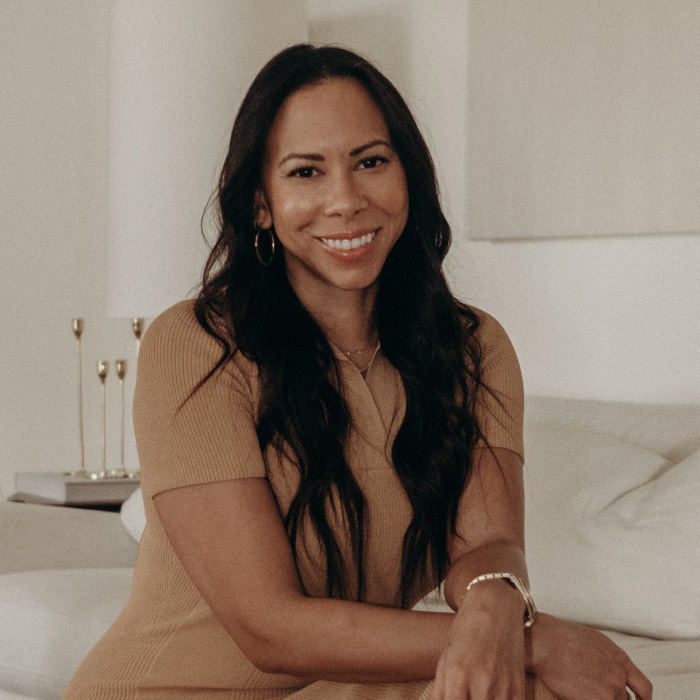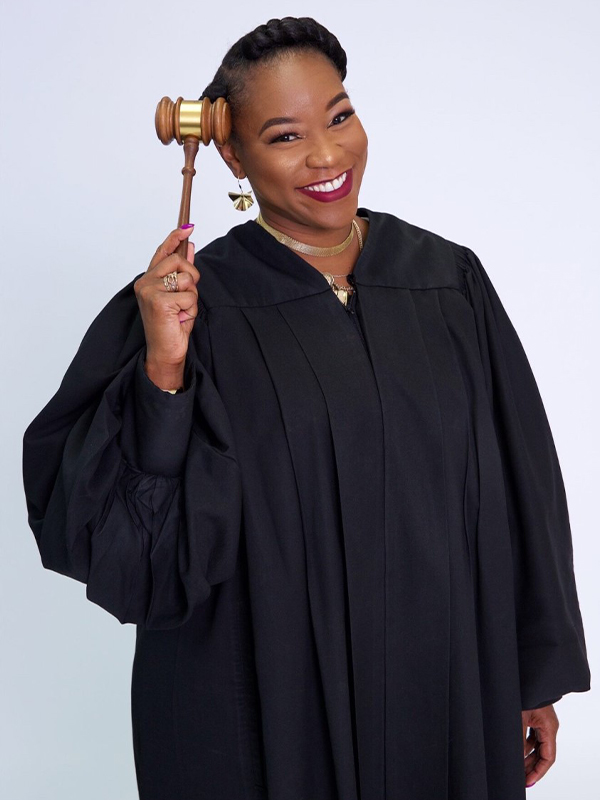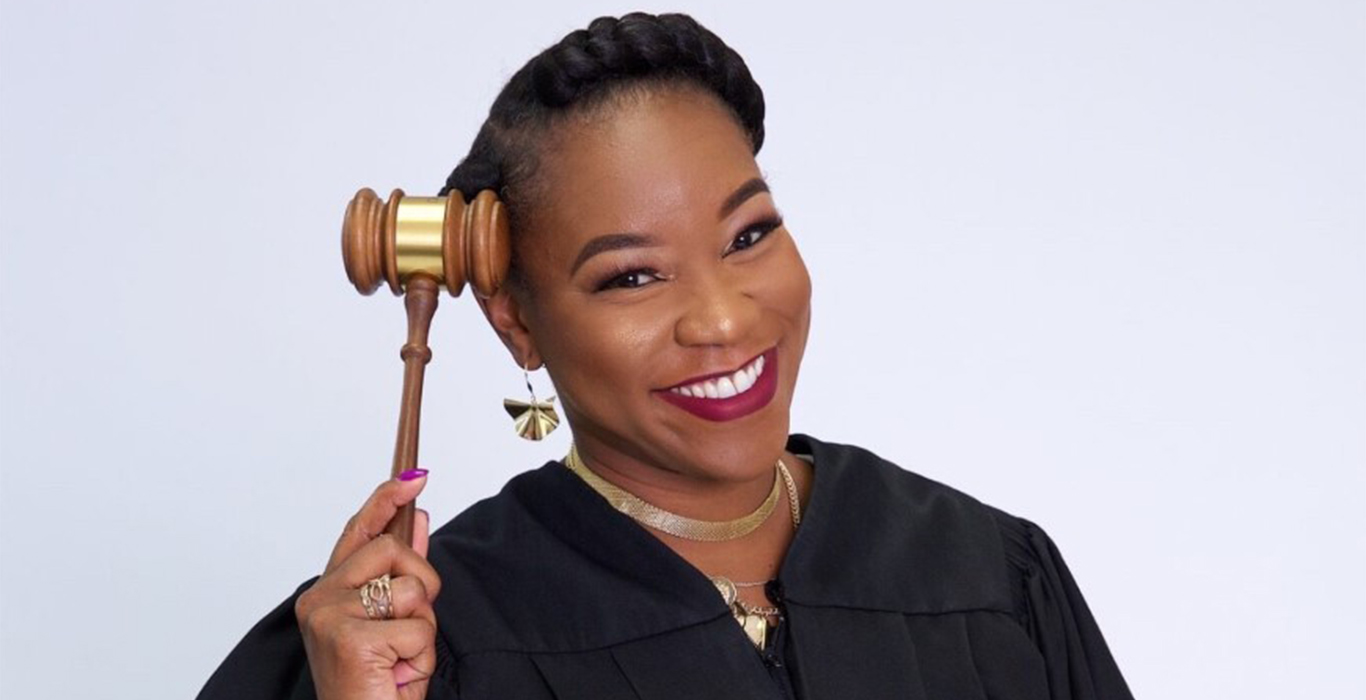Ketanji Brown Jackson’s historic Supreme Court confirmation provides a significant opportunity to illuminate the perception, as well as the reception, of Black women attorneys in the legal field.
It is the perfect catalyst for bringing to the forefront conversations around the challenges uniquely faced by Black women attorneys; how Black women lawyers are systemically denied leadership opportunities they’re qualified for; and how shifting these perceptions about Black women attorneys will positively impact the legal profession, the justice system and, ultimately, this entire country as a whole.
Fact: Thirty seven percent of U.S. attorneys are women and 4.7% of total U.S. attorneys are Black. Of that, Black women represent just over one-third of total Black attorneys and only 2% of all attorneys in the U.S.
Justice Jackson endured weeks of scrutiny and automatic presumptions of being unqualified because of President Biden’s focus on specifically appointing an African American woman, despite having a list of achievements that were virtually above reproach. She was judged (and criticized) in the court of public opinion based on her hair, her clothing, the ethnicity of her spouse and other reasons totally unrelated to her capacity to perform.
Unfortunately, the same treatment that Justice Jackson was subjected to echoes the day-to-day treatment Black women attorneys who are trying to zealously defend and advocate for their clients receive everyday—both inside and outside of the courtroom.
Ask just about any Black woman attorney who’s spent time in a courtroom, and you’ll hear repeated, frustrating stories such as being admonished immediately upon walking through the doors due to being presumed as the defendant—despite their professional attire, briefcase in hand, and being in areas reserved for attorneys. Or you could be regaled with tales of being disrespected in court by an unchecked male opposing counsel.
Fact: Only 3% of Black women are in law firm leadership positions.
Here are just a few examples of the hurdles Black women everywhere are forced to combat and overcome daily because of ethnicity and gender—and that our newest Justice overcame with dignity and poise throughout her nomination and appointment process:
A Rose(mary) By Any Other Name
Back in 2018, the catchphrase “Atlanta’s got a mayor named Keisha” took the country by storm as a mantra symbolizing the significance of having a woman with an “ethnic” name be elevated to a position of power and leadership as mayor of Atlanta, Georgia.
Often in hiring practices, resumes with atypical names like Keisha and Ketanji are the kind that often placed at the bottom of the pile, without any regard for the candidate’s actual experience, skills and abilities. Exclusionary tactics like this frequently result in Black women being unfairly judged, eliminated, and overlooked for leadership roles in law and across industries.
There’s hope that the times are changing, though, because four years after Keisha Bottoms assumed her role as mayor, the Supreme Court of the United States of America has elevated another ethnically named woman to a position of power and leadership in this nation. Both stand as proof that negative connotations and preconceived notions about so-called “ethnic” names have absolutely no legitimate nor ethical place when it comes to determining an individual’s qualifications, value and intellect.
Her Crowning Glory
One of the major topics of discussion upon Jackson’s nomination was surrounding her chosen hairstyle. Some people loved her gorgeous locs; some weren’t too fond of them. Others marveled at the fact that she was “bold” enough to wear her natural hair.
No matter what side of the discussion you fall on, there’s no denying that her locs were symbolic of the need for the continued passage of the Crown Act, state-level legislation that prohibits discrimination based on hair texture—an issue that’s predominately faced by Black women. There are currently a mere 12 states in the U.S. that have passed the Crown Act act, which definitively pushes back against the politicization and policing of Black women’s hairstyles that penalizes a woman for the way her hair grows naturally from her scalp.
All In The Name Of Loving
Many took notice to the public displays of support that Judge Jackson’s husband, a white man, exhibited prior to and throughout the hearings.
While interracial couples still face challenges to this day—especially those in the spotlight—it’s awesome that a decision made 55 years ago in Loving v. Virginia (where the plaintiffs were also a white husband and Black wife) by the very Court Judge Jackson will sit on is the reason she and her husband are able to be married. It’s poetic Justice, figuratively and literally.
During her confirmation hearing, Judge Jackson said, “I am here standing on the shoulders of generations of Americans who never had anything close to this kind of opportunity.” Her victory may be her ancestors’ wildest dreams, but for Black women lawyers everywhere who are waiting in the wings, it also symbolizes that prestigious appointments, high-level opportunities and positions of power in the courtroom are within reach. It’s the promise of hope and progress for the future.

















